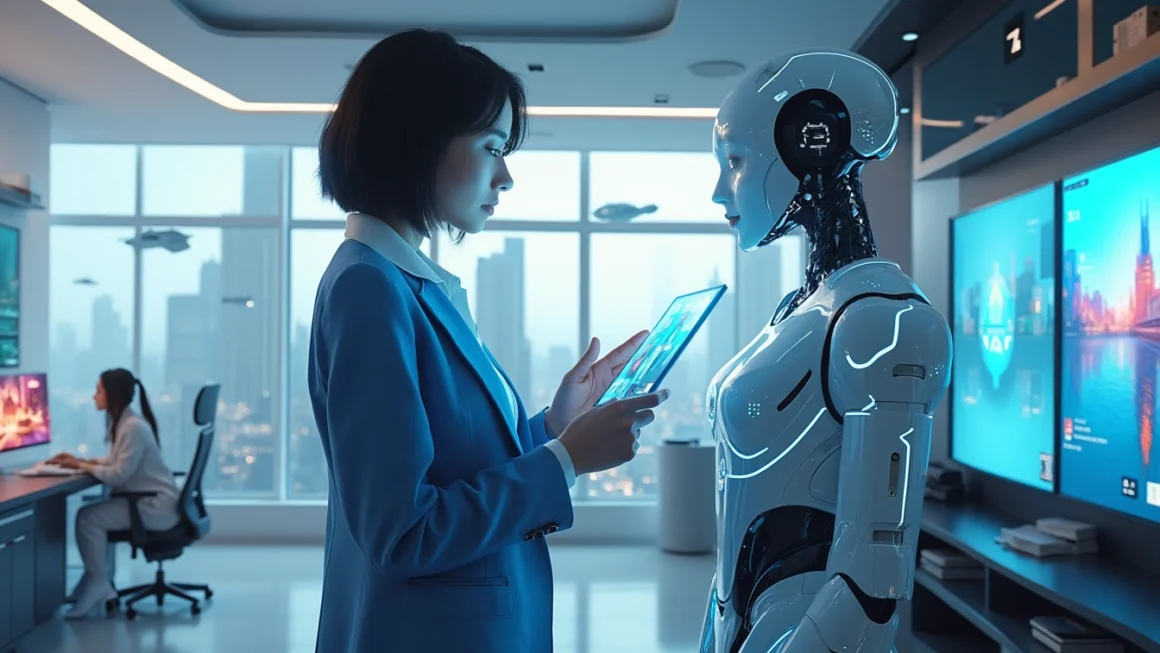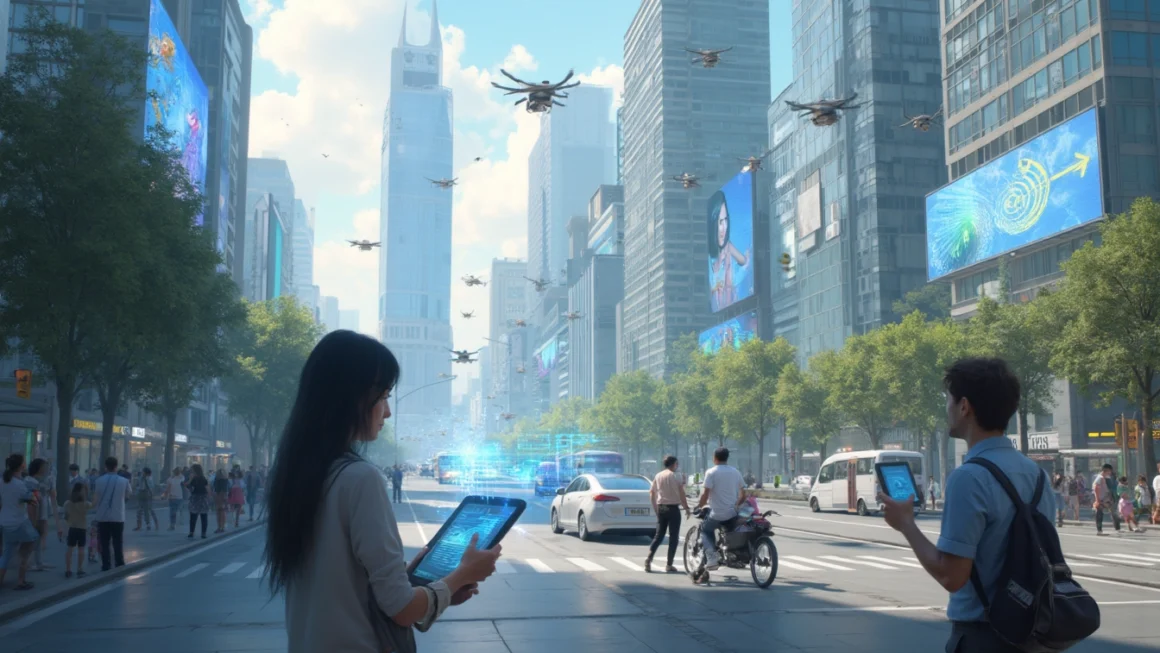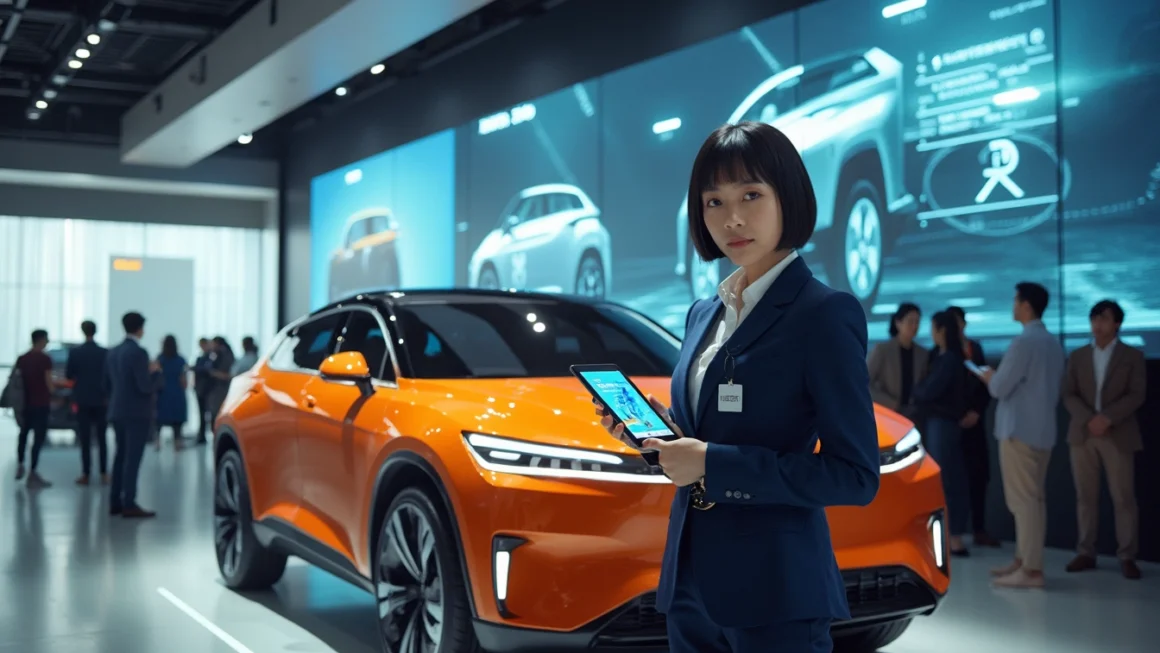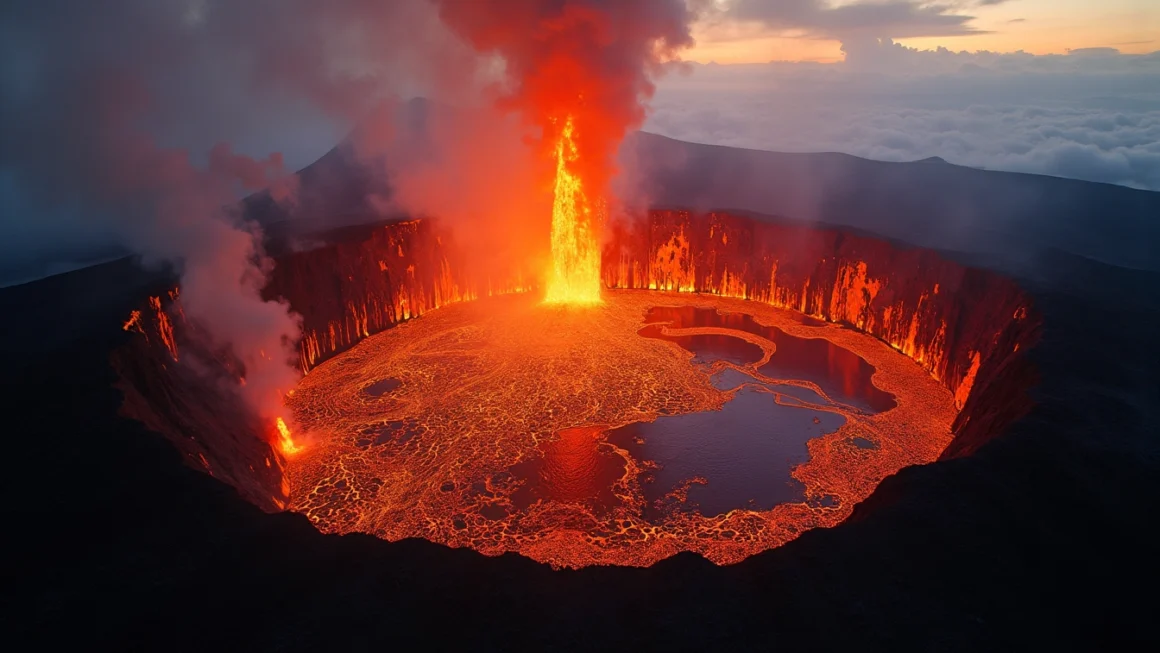The Rise of AI in Media and Entertainment
Table of Contents
Artificial intelligence (AI) is rapidly transforming the media and entertainment industry, revolutionizing content creation, distribution, and consumption. As AI technology continues to advance, it’s reshaping how we interact with and experience various forms of media.
AI-Generated Content: A New Era of Creativity
One of the most significant impacts of AI in media is its ability to generate content. From music to videos and even entire scripts, AI algorithms are now capable of producing creative works that were once the exclusive domain of human artists. This development has sparked both excitement and concern within the industry.
AI-generated music, for instance, is becoming increasingly sophisticated. Companies are developing AI systems that can compose original melodies, harmonies, and even entire songs in various genres. While this technology offers new possibilities for music production, it also raises questions about the future role of human musicians and composers.
Personalized Recommendations and Content Curation
AI algorithms are revolutionizing how content is recommended to consumers. Streaming platforms like Netflix and Spotify use complex AI systems to analyze user preferences and viewing habits, offering highly personalized content suggestions. This level of customization enhances user experience and keeps audiences engaged for longer periods.
The power of AI in content curation extends beyond just entertainment. News organizations are also leveraging AI to deliver personalized news feeds, ensuring that readers receive the most relevant and interesting stories based on their preferences and reading history.
Enhancing Visual Effects and Animation
In the film and television industry, AI is making significant strides in visual effects and animation. AI-powered tools can now generate realistic CGI characters, backgrounds, and special effects more efficiently than ever before. This not only reduces production costs but also opens up new creative possibilities for filmmakers and animators.
Moreover, AI is being used to upscale and restore old footage, bringing classic films and TV shows into the high-definition era with remarkable clarity and detail.
AI in Advertising and Marketing
The advertising sector within media and entertainment is also benefiting from AI advancements. AI algorithms can analyze vast amounts of consumer data to create targeted advertising campaigns, ensuring that ads reach the most receptive audiences. This level of precision in ad targeting not only improves the effectiveness of marketing efforts but also enhances the viewer experience by presenting more relevant advertisements.
Furthermore, AI is being used to create dynamic and interactive ad content that can adapt in real-time based on user interactions and preferences. This level of personalization in advertising is setting new standards in the industry.
Challenges and Ethical Considerations
While the benefits of AI in media and entertainment are numerous, this technological revolution also brings challenges and ethical considerations. Questions about copyright and ownership of AI-generated content are emerging. Who owns the rights to a song composed by an AI? How do we attribute authorship to AI-created works?
There are also concerns about the potential loss of jobs in creative fields as AI becomes more capable of producing content. The industry must navigate these challenges carefully to ensure that AI enhances rather than replaces human creativity.
The Future of AI in Media and Entertainment
As AI technology continues to evolve, its impact on the media and entertainment industry is set to grow even further. We can expect to see more seamless integration of AI in content creation, distribution, and consumption. Virtual reality and augmented reality experiences enhanced by AI could provide even more immersive and interactive entertainment options.
The key to success in this AI-driven future will be finding the right balance between technological innovation and human creativity. While AI can automate many processes and generate content, the unique perspective and emotional depth that human creators bring to their work remain invaluable.
Embracing AI for Enhanced Creativity and Efficiency
For media and entertainment professionals looking to stay ahead in this rapidly evolving landscape, embracing AI tools and technologies is crucial. Platforms like Make.com offer powerful automation capabilities that can streamline workflows and enhance productivity in content creation and distribution processes.
By leveraging such tools, creators and businesses in the media industry can focus more on the creative aspects of their work while letting AI handle repetitive tasks and data analysis. This synergy between human creativity and AI efficiency is likely to define the future of media and entertainment.
Conclusion
The integration of AI in media and entertainment is not just a passing trend but a fundamental shift in how content is created, distributed, and consumed. As we move forward, the industry must adapt to these changes, embracing the opportunities while addressing the challenges they present. The future of media and entertainment is undoubtedly intertwined with AI, promising a new era of creativity, personalization, and innovation.




